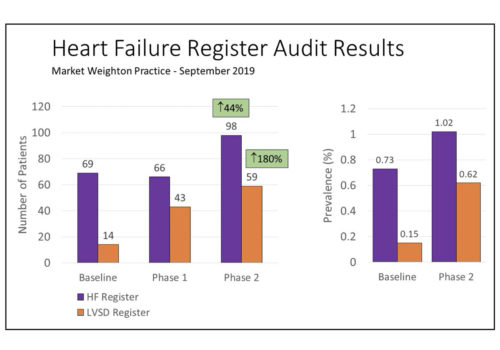Since the first description of a beta-blocking agent in 1962, this class of drug has become among the most widely used in the management of cardiovascular disease (CVD). Betablockers are now used routinely after a myocardial infarction, in patients with angina pectoris and as an additional therapy in the management of high blood pressure. However, they have traditionally been avoided in heart failure because it was thought that they were potentially harmful. But some large, well-designed randomised controlled trials have provided an overwhelming body of evidence to dispel this myth once and for all























